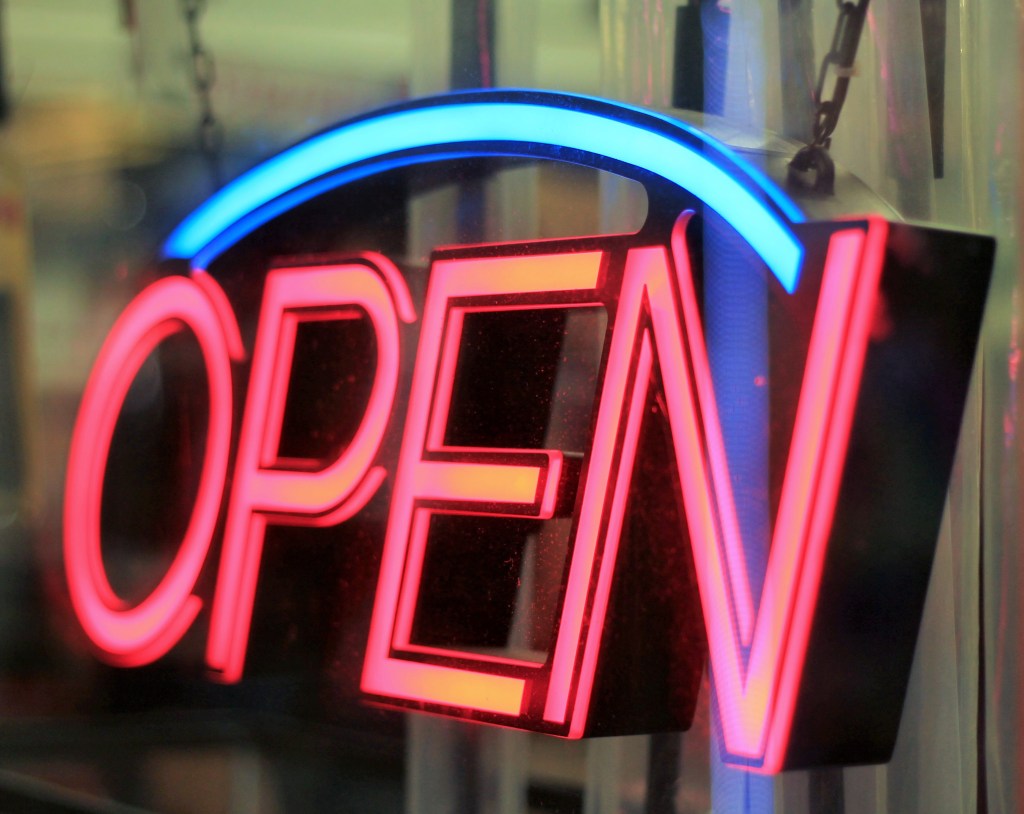The start of an easing of COVID-19 restrictions from the end of this week will signal a much needed boost to the economy, federal Treasurer Josh Frydenberg has signaled.
In a ministerial statement at Parliament House today, Mr Frydenberg outlined the ‘sobering’ economic hit from the global pandemic and the strict-government imposed restrictions to lower the curve.
Treasury has forecast the biggest fall on record for GDP, anticipating a 10% fall for the June Quarter, which is also expected to see unemployment rise to 10%, or 1.4 million unemplyed.
Household consumption, business and dwelling investment are also expected to see significant decreases.
However, Mr Frydenberg has stated the government’s economic response would help ‘cushion the blow’ of the economic hit and added the framework announced last week for the phased lifting of restrictions would both help grow the economy and create more jobs.
Among the measures allowed in stage one, cafes, restaurants and shops will be able to reopen with conditions (for example a 10 person limit for indoor dining), outdoor gatherings of up to 10 people, house visits of up to five people, students will return to the classroom and real estate inspections and auctions will resume with a 10 person limit.
However, the exact details and timing of the easing will be up to the Premiers of each state and territory.
Treasury modelling on the lifting of restrictions forecasts an increase in GDP of $9.4 billion each month, including an increase of $2.9 billion in retail.
According to their estimates, Treasury anticipate 250,000 people will be back at work at the end of the first of their three stage recovery plan, which they expect to add $3 billion in GDP.
However, Mr Frydenberg warned the success was reliant on Australians following health advice, noting that a second wave necessitating a return to heavy restrictions would result in a $4 billion per week loss to the economy.
The National Retail Association (NRA) welcomed the easing of restrictions, but cautioned some measures, such as diner limits, would impede businesses ability to operate, CEO Dominique Lamb said.
“We’re glad to see the National Cabinet and respective state governments turn their attention to easing lockdown restrictions. However, further consultation was needed regarding restaurants, with a ten-patron maximum unlikely to be of much assistance,” Ms Lamb said.
“It’s hard to make money running a restaurant in the good times, being limited to only ten customers at a time is unlikely to see a venue raise enough revenue to cover supply costs, overheads and staff costs.
“We understand the need to prioritise public safety, but any easing of restrictions is pointless unless they are also economically viable. We’d urge the National Cabinet and Premiers to consult closely with industry on this measure to ensure the right balance is struck.”

